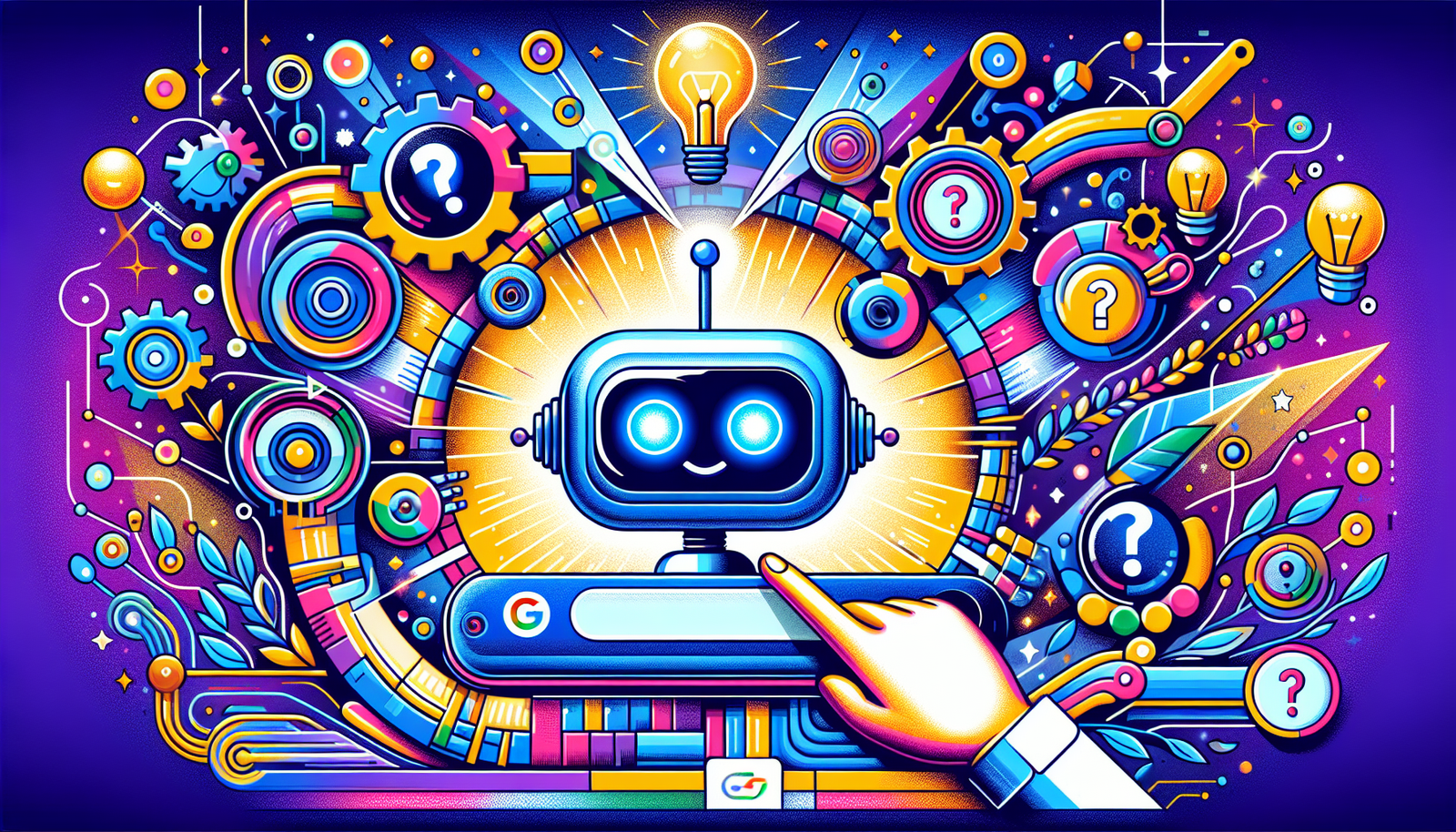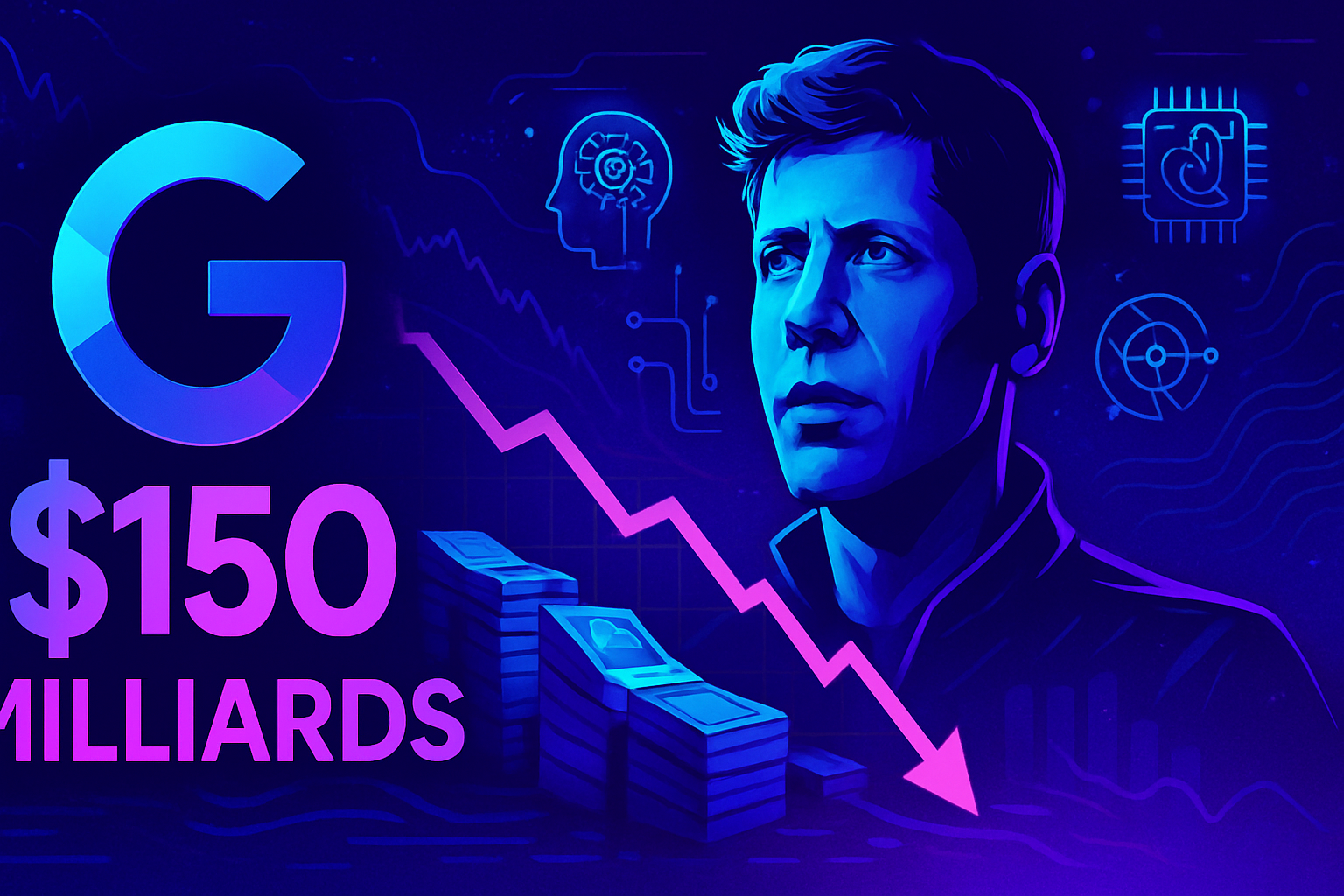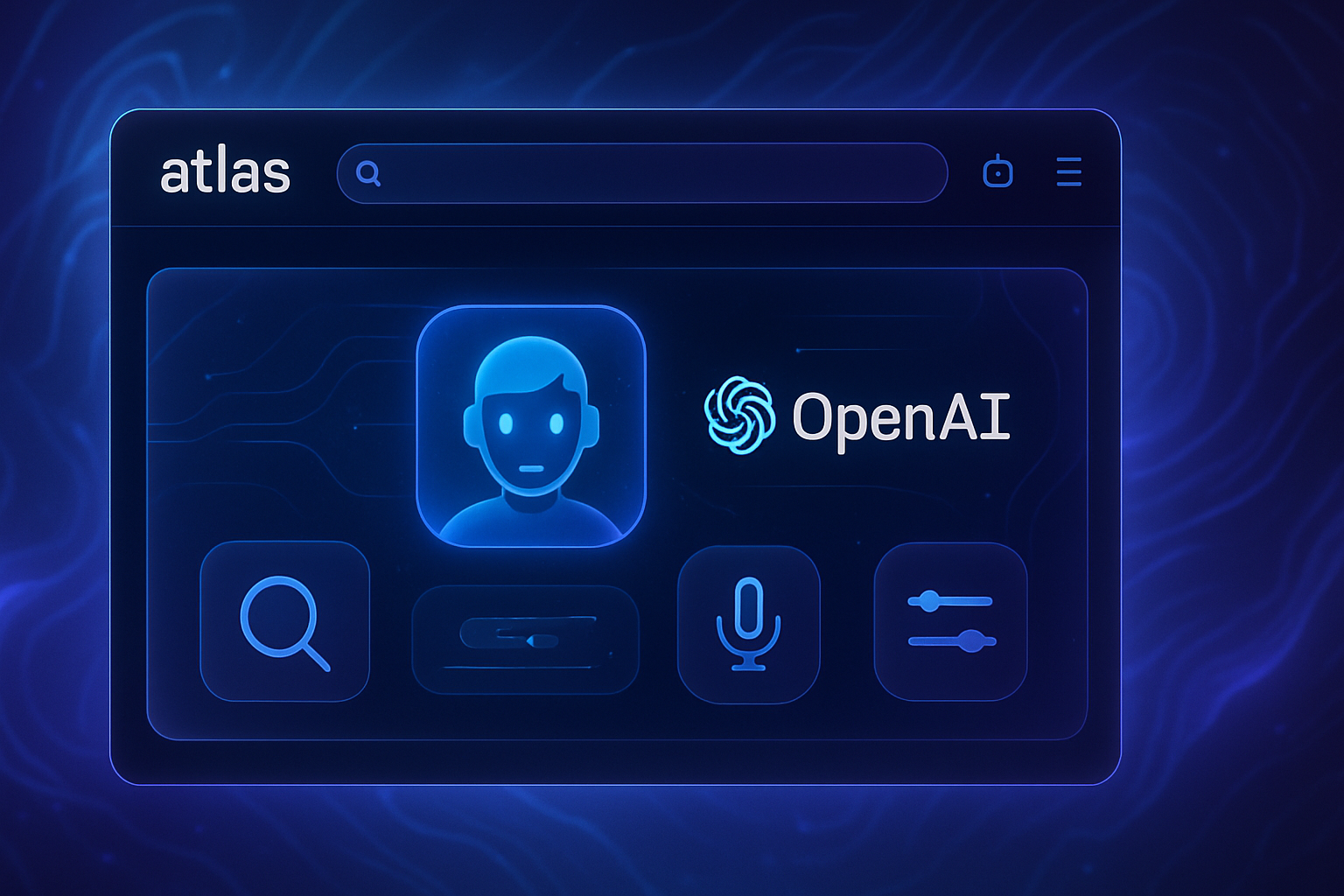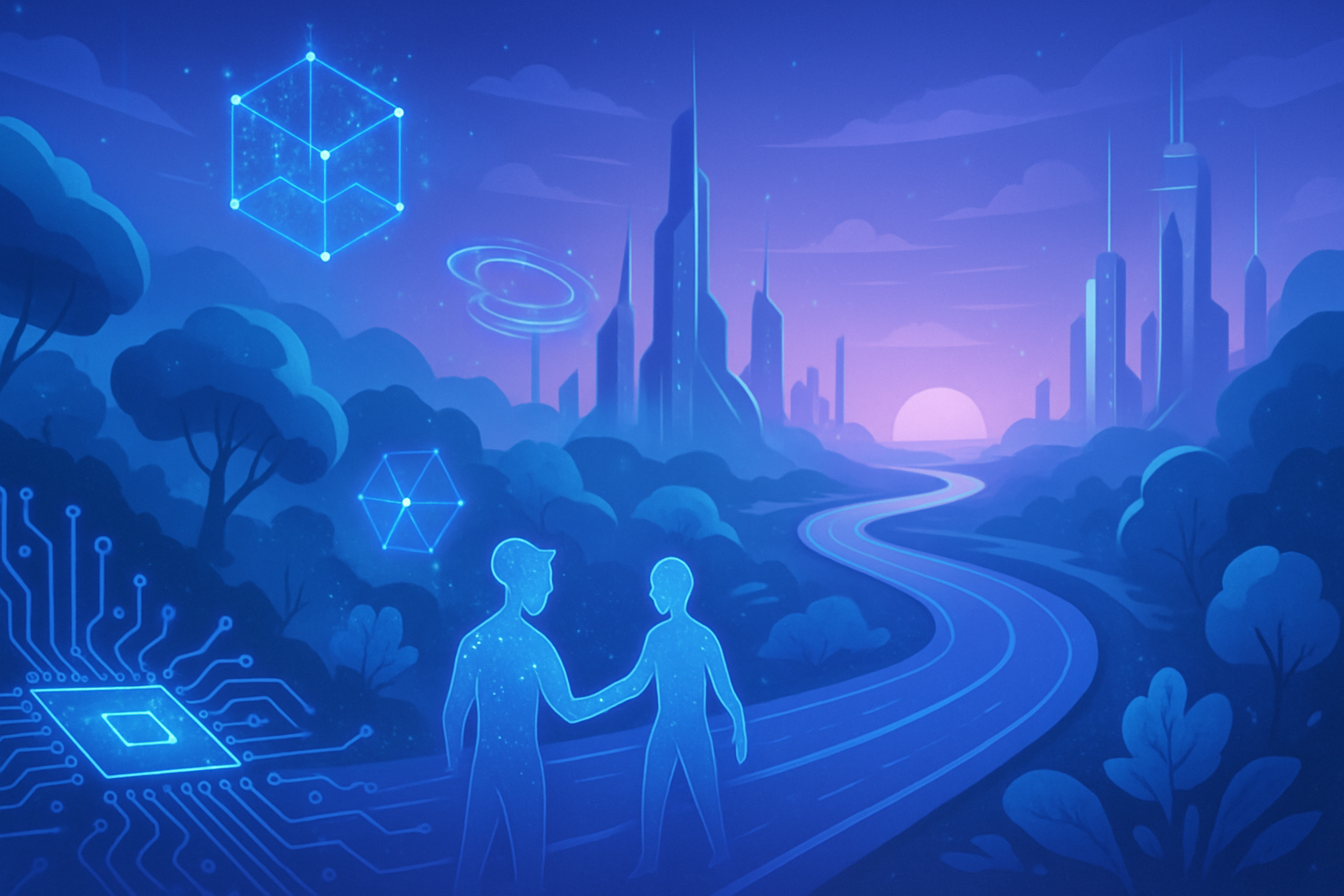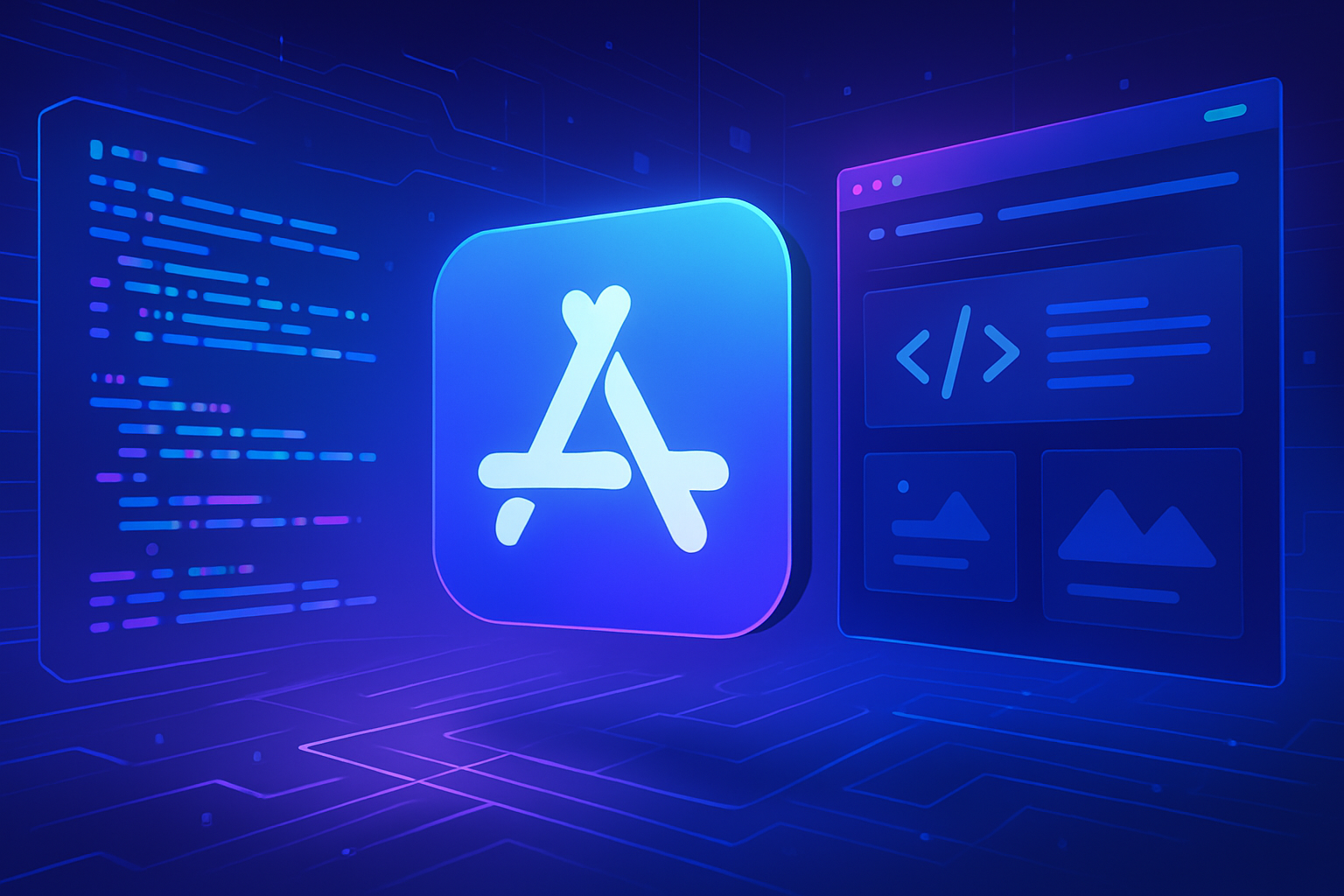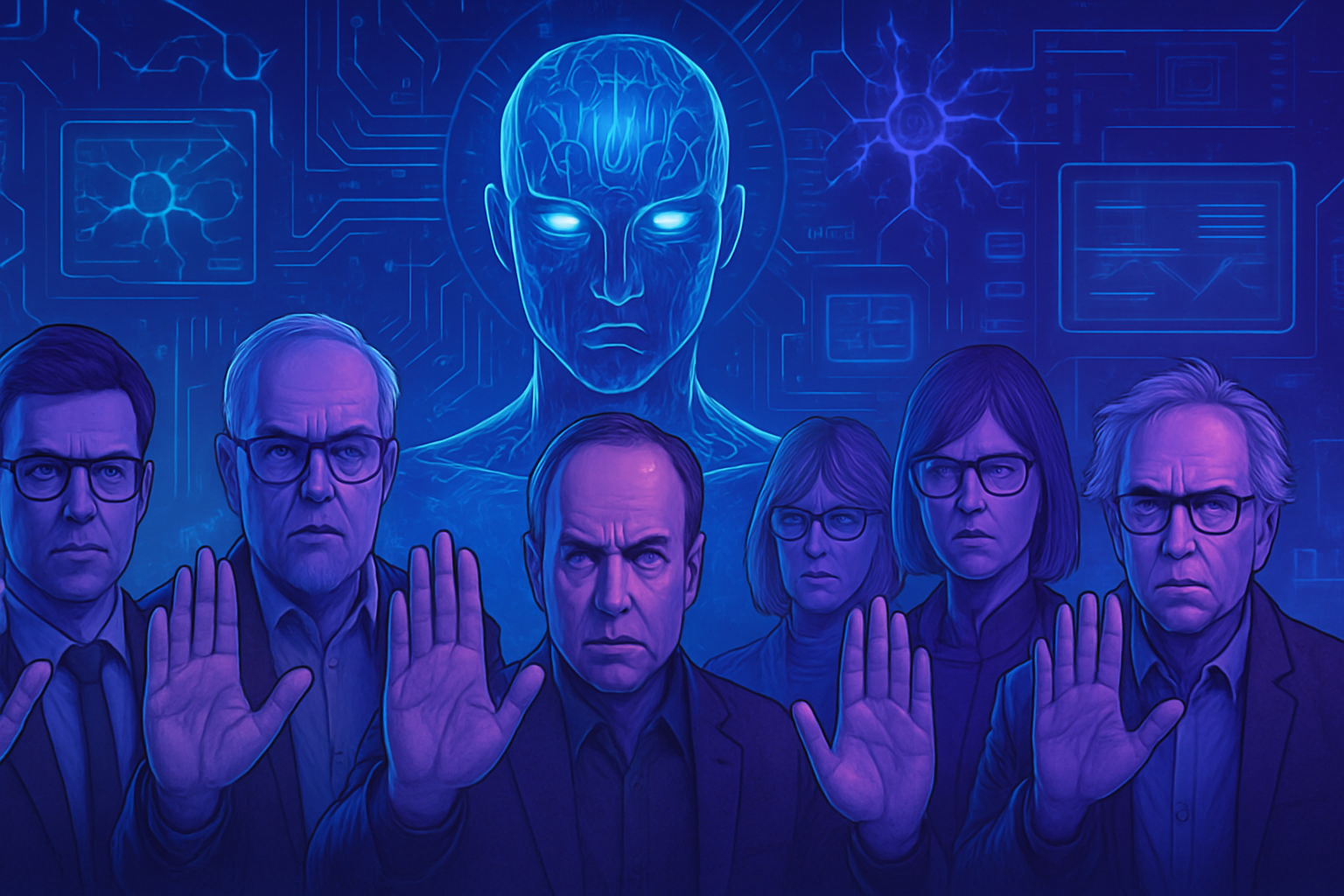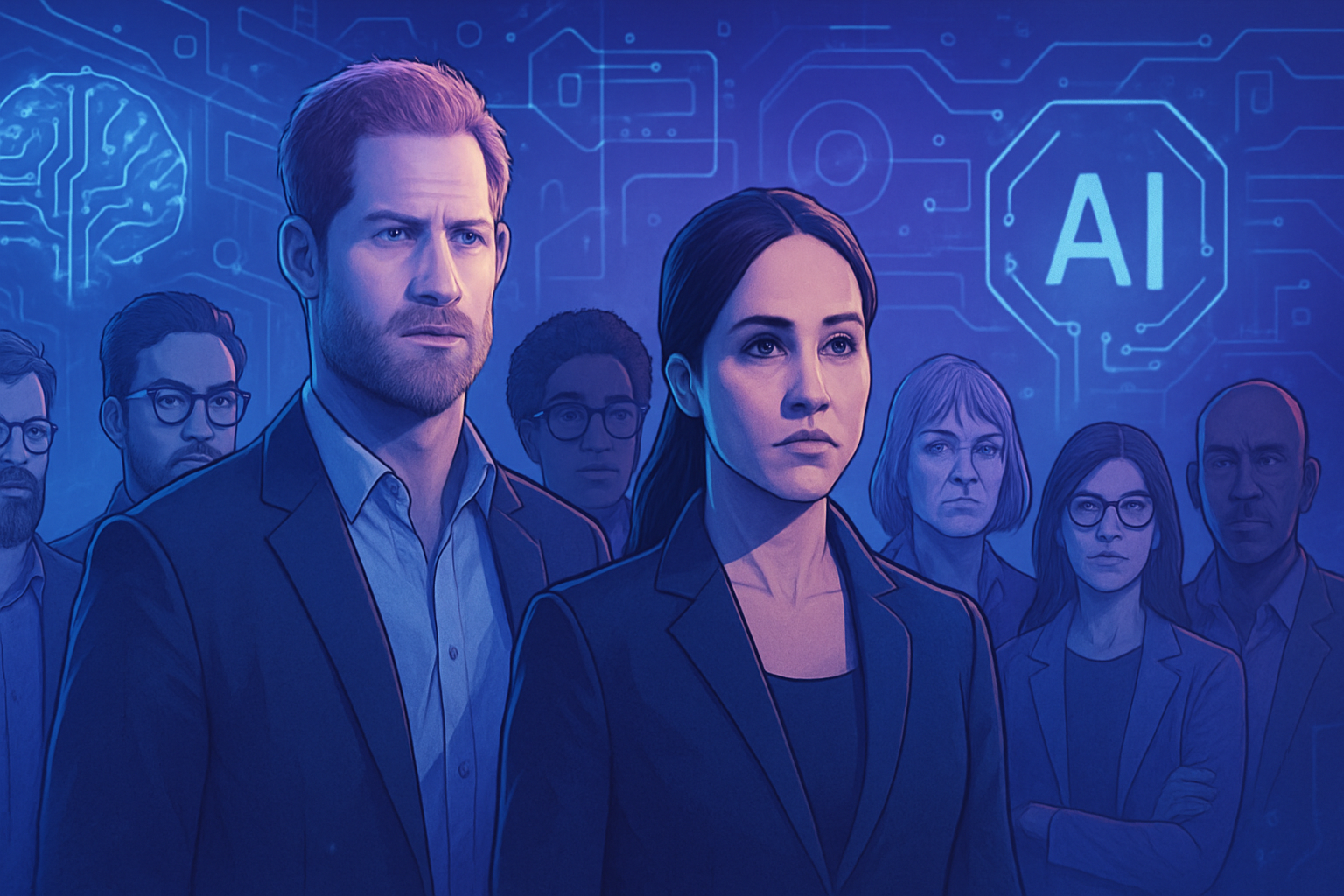The evolution of ChatGPT represents a major advancement in the field of artificial intelligence. This chatbot, now equipped with web search capabilities, transforms the way information is accessed. *By integrating updated data,* ChatGPT aims to compete with search giants like Google.
*This metamorphosis raises essential questions* about the relevance of traditional search engines. The user, faced with such an evolution, must ponder. *Has the era of AI chatbots in search truly arrived?*
The confrontation between ChatGPT and Google is not simply technological; it entails broader implications for the digital society. This challenge manifests through trending concerns about the quality, speed, and accessibility of information.
A significant update to ChatGPT
OpenAI recently announced an innovative feature for its chatbot, ChatGPT. The company’s CEO, Sam Altman, described this development as “my favorite feature launched since the beginning of ChatGPT.” This new addition allows paying subscribers to access an online search mode. From this option, the chatbot queries the Web to provide updated information in response to user queries.
Enhanced search feature
As of this Thursday, ChatGPT can now utilize Microsoft Bing’s search engine. This change marks a significant evolution, replacing the reliance on “potentially outdated data” previously used. Users will benefit from accurate and recent answers to their inquiries. According to the Washington Post, this mode draws inspiration from how search engines like Google operate, particularly by offering summaries powered by artificial intelligence.
Real-time information
This feature has been successfully tested since July. OpenAI has emphasized the importance of providing up-to-date data, such as sports scores, stock values, and news. These additions strengthen OpenAI’s position to compete with established search engines such as Google and Bing. According to Altman, this method makes searching for information “faster and easier.”
Availability for users
The new search feature has been rolled out to all ChatGPT Plus and Team users. Enterprise and Edu version users will also benefit from this option soon. As for those using the free version, they should receive it in the coming months. Varun Shetty, head of media partnerships at OpenAI, noted that this update enhances the relevance of results while reducing AI “hallucinations.”
Impacts and concerns
Despite the obvious advantages of this evolution, some concerns remain. Content publishers have already expressed fears that AI-powered chatbots may plagiarize their content, jeopardizing their existence. However, Shetty remains optimistic, expecting that users will be “curious” about the information presented, prompting them to delve deeper into their research.
A future competitor for Google
With the integration of this search capability, ChatGPT positions itself as a potential competitor to Google. The SearchGPT feature grants ChatGPT unprecedented ability to address complex questions in a concise and accessible manner. By establishing itself as a more efficient digital assistant, ChatGPT captures the attention and interest of millions of users worldwide.
Indeed, around 250 million people use ChatGPT each week. This growing popularity reflects the paradigm shift represented by this new feature. The landscape of online search is now redefined, with ChatGPT asserting its presence beyond its initial role as a chatbot.
It remains to be seen how Google and other search engines will respond to this evolution in the field of artificial intelligence. The innovations continually driven by companies like OpenAI leave them no choice but to adapt their capabilities to remain competitive.
Frequently Asked Questions about the evolution of ChatGPT towards a Google-like model
How is ChatGPT improving its search capabilities to compete with Google?
ChatGPT has integrated a new feature that allows it to perform real-time searches on the web using the Microsoft Bing search engine. This provides it with updated and relevant information, similar to what Google offers.
What new features of ChatGPT bring it closer to traditional search engines?
The new features include real-time information searching, synthesizing results found online, as well as providing links to sources, enabling users to easily access reliable content.
Can ChatGPT provide answers as accurate as those from Google?
Yes, thanks to its ability to access updated data on the web, ChatGPT is now capable of providing more accurate and relevant answers, particularly for queries requiring recent information.
What types of information can ChatGPT retrieve from the web?
ChatGPT can gather various kinds of information such as news, sports scores, stock quotes, and weather forecasts, making it useful for a wide range of queries.
How does this evolution of ChatGPT affect users looking for specific information?
With this evolution, users benefit from a faster and more efficient way to obtain answers to specific questions, eliminating the need to navigate multiple sites to find reliable information.
Is the search feature of ChatGPT available to all users?
Currently, this feature is available to users subscribed to ChatGPT Plus and Team, with an extension planned for Enterprise and Edu users in the coming weeks, while users of the free version will receive it in the upcoming months.
What are the implications of this update for information platforms and their content?
This update may raise concerns among some publishers regarding content reproduction. However, OpenAI officials believe that it will encourage users to click on sources to deepen their knowledge.
Can ChatGPT completely replace Google as a search engine?
While ChatGPT has integrated powerful search features, its intent is not to replace Google but rather to provide a rewarding alternative by combining interactive dialogues and information searching.
What sets ChatGPT apart from other chatbots already on the market?
The unique feature of ChatGPT lies in its ability to conduct real-time online searches while providing intelligent summaries, making it more interactive and informative compared to other chatbots that limit their responses to fixed databases.
